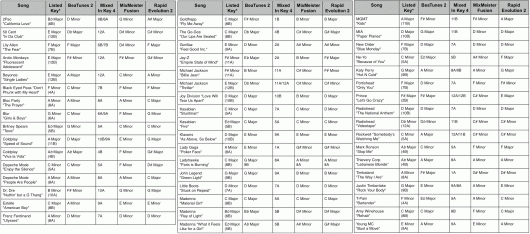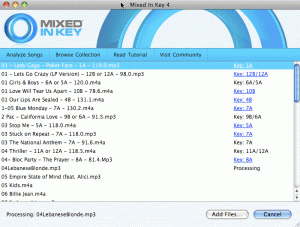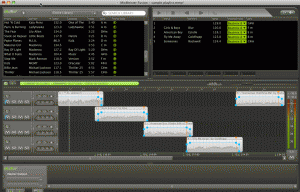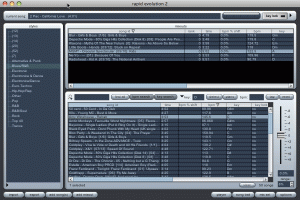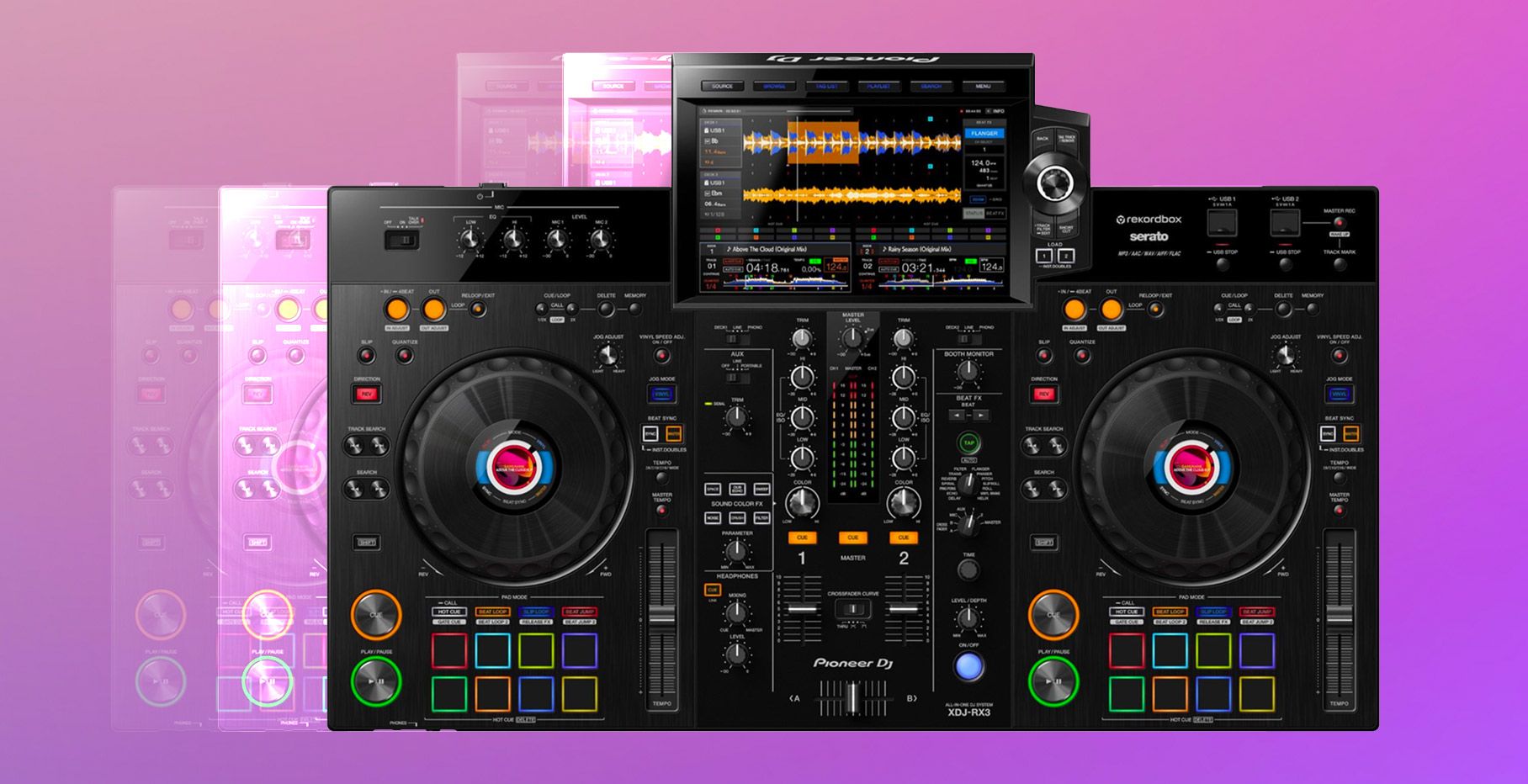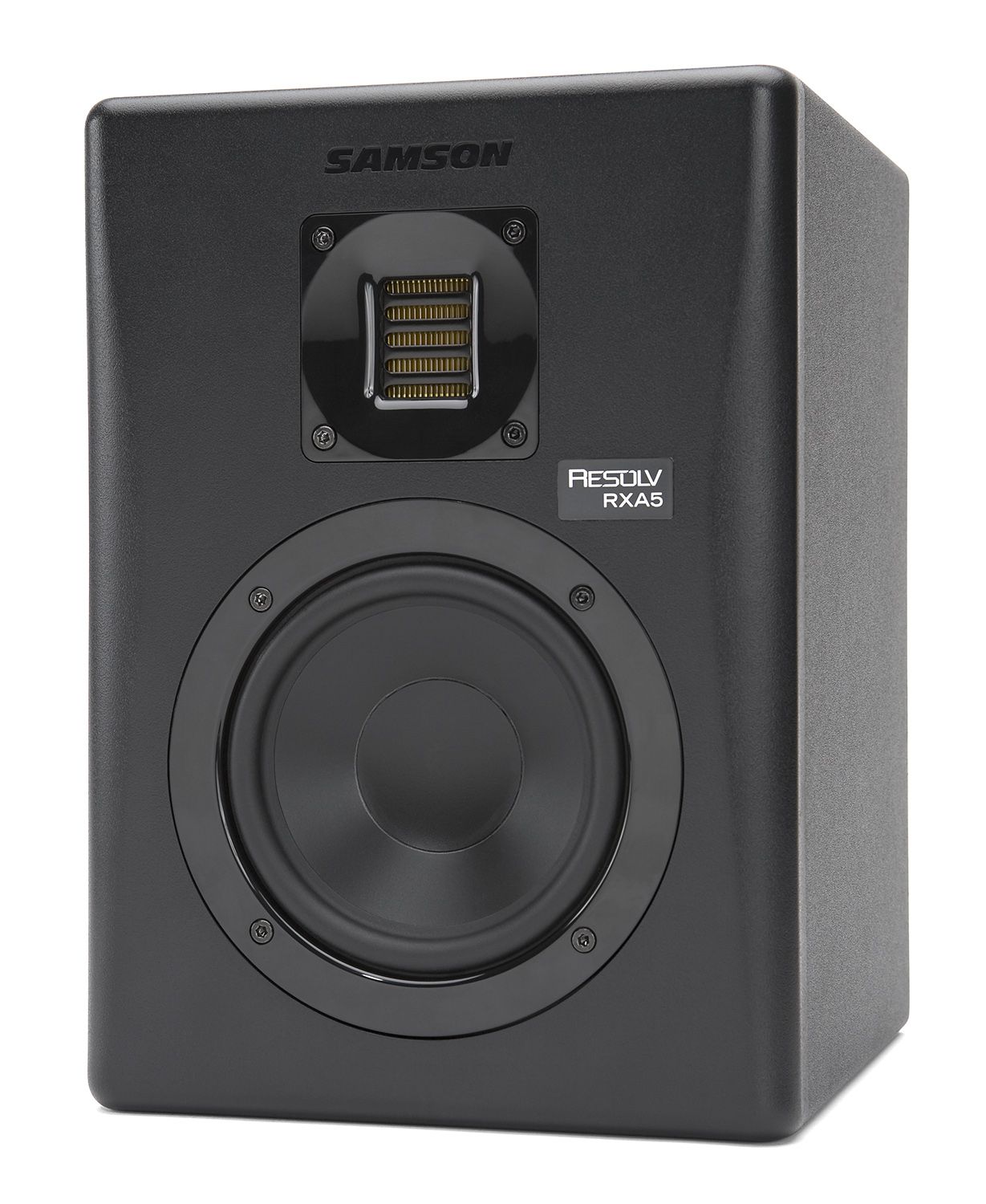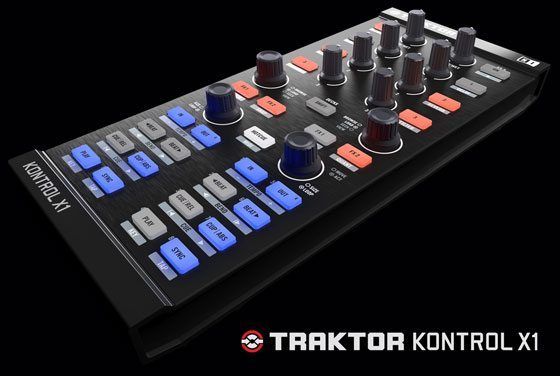As big proponents of harmonic mixing, the DJ TechTools staff started out with a simple question: which program that analyzes a song’s key gives the most accurate results? To find out, we looked up the keys using sheet music for a selection of 50 pop/rock songs and then analyzed those songs using four key-detecting apps: BeaTunes 2, Mixed In Key 4, MixMeister Fusion and Rapid Evolution 2. Read on to find out the results.
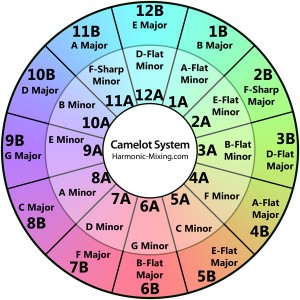 THE KEY MAKERS
THE KEY MAKERS
For our 50 test songs comprising recent hits and vintage classics (in MP3 and AAC formats), I took the keys from the digital sheet music site MusicNotes.com and compared those keys with each software program’s results. The Camelot System wheel was used to determine if an analyzed key was not correct but compatible with the actual key. The Camelot System assigns all keys an alpha-numeric value; and for example, keys compatible with 4A are 3A, 5A and 4B: plus or minus one number or the same number with a different letter. Scroll all the way down for tables with all the specific results.
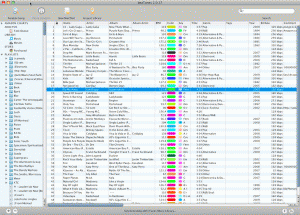 TAGTRAUM INDUSTRIES BEATUNES 2
TAGTRAUM INDUSTRIES BEATUNES 2
Correct: 14 (28%)
Compatible: 18 (36%)
Incorrect: 18 (36%)
What else it does: BeaTunes 2 is an excellent complimentary program for iTunes. It helps you clean up your iTune Library by finding and correcting errors in the artist, album, title and other tags; searching for and adding other metadata such as album artwork, organizes songs with a color-coding system; determines BPM automatically or manually; and more. All of its changes are reflected in iTunes as well.
Price: $31.95 US for Mac or Windows
Correct: 15 (30%)
Compatible: 18 (36%)
Incorrect: 17 (34%)
What else it does: Not much besides tempo and key analysis. Its preference options for adding BPM/key to the file name, as well as different ID3 tags, are great.
Price: $58 US for Mac or Windows
Correct: 7 (14%)
Compatible: 14 (28%)
Incorrect: 29 (58%)
What else it does: MixMeister Fusion is a full-feautred, professional-level DJ software for creating and editing DJ mixes or DJing live with a digital audio workstation-style, timeline-based interface. A couple of the many notable features include mixing up to 8 tracks as once and support for VST effects.
Price: $329.95 for Mac or Windows (key detection also available in Mixmeister Studio for $199.95)
Correct: 15 (30%)
Compatible: 14 (28%)
Incorrect: 21 (42%)
What else it does: RE2 is an intelligently designed DJ utility made to use both and preparation for and during your sets. Besides tempo and key detection, it includes tap tempo and a software MIDI keyboard for you to work out BPM and key yourself, normalizing,time/pitch shift processing, live audio input analysis, key lock and more. You can save Mixouts, where you comment on mixes between particular songs. In addition, the MixShare website hosts a large harmonic mixing forum and a database of track information for hundreds of thousands of songs shared by RE2 users.
Price: Free for Mac or Windows (donations encouraged)
IMPERFECT HARMONY
It should be said that this test can only provide a look at the accuracy of each of these programs relative to each other, rather than an assessment of the overall accuracy. I was surprised at the number of incorrect readings for each program. I’ve seen some other similar tests with higher percentages for Correct and Compatible readings, so there may some particularly difficult songs in my test batch.
However, we can tell that that Mixed In Key 4 has the better numbers by a razor thin margin. MixMeister only gave out minor key results for some reason, which really hurt its stats.
Because Mixed In Key, BeaTunes and Rapid Evolution were statistically comparable, it comes down to which of those programs’ other features you want, as well as perhaps price.
My personal favorite is Mixed In Key, because it gives your results in the alpha-numeric Camelot System values — which is easier for mixing — processes files quickly and gives you some good options for how you want the key and BPM information to be added to the file name and to the file’s tags. However, it doesn’t do much more than key and BPM analysis, and it costs the most of the top-performing three.
As a free download, Rapid Evolution 2 gives you many interesting features besides key and tempo detection. and it makes up for not giving you the Camelot System numbers (User error: you CAN get the Camelot Sytem numbers in RE2 in the Keycode field.) You can look at only songs that are in a compatible key range, as well as similar in style and tempo.
